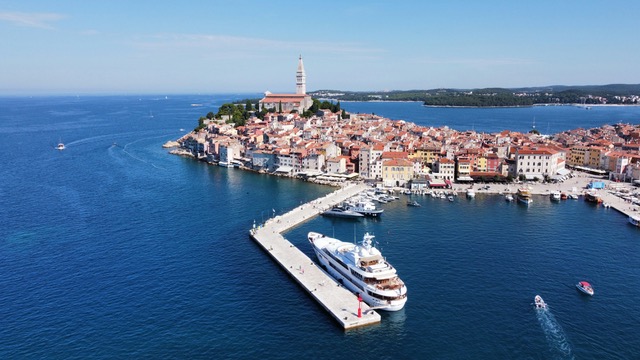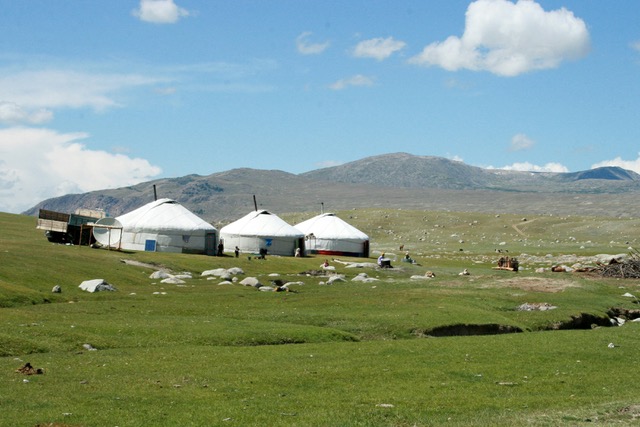Tanzania Cluster Competitiveness Programme (TCCP)
.jpg)
Tanzania Cluster Competitiveness Programme (TCCP)
TCCP built the capacity of key industry clusters and provide policy advice rooted in private sector experience, public sector institutions, multilateral donors, and development partners, helping them to identify sources of competitive advantage and shape effective responses. JAA helped carry out a National Competitiveness Assessment of Tanzania. Based on the results of the assessment, JAA conducted an in-depth Cluster/Value Chain Assessment (CVA) of eight sectors of the economy. The eight clusters/value chains were transport, tourism, textiles, tea, food processing, meat/dairy/leather, horticulture and fishing. Secondary research was also conducted in the gems & jewelry sector. The Cluster/Value Chain Assessment shed light on competitiveness challenges and the resulting opportunities for technical interventions among each of the eight short listed clusters/value chains. This allowed for a detailed comparison between these eight value chains, and identified three (tourism, horticulture, and food processing) to be the target recipients of technical assistance from the project. TCCP then worked with cluster and value chain leadership in the three industry sectors and several geographic regions for each sector. They included: Horticulture (Arusha and north coastal areas, Iringa and Mbeya), Tourism (Arusha, Tanga, Zanzibar, Mwanza and Iringa), and Food Processing (Iringa, Morogoro, Dar es Salaam and Mwanza). The Food Processing (initially mainly from horticultural outputs), was expanded to include dairy processing and fish processing, widening TCCP’s scope to five industry clusters. TCCP also improved association capacity to support firms operating within the clusters. The associations were able to work universities and TCCP to introduce updated curricula and to strengthen certain public-private dialogue bodies. JAA conducted a rapid assessment of CCP partner business associations, and then designed and provided customized technical assistance to improve their operations. Between four and eight target associations per industry cluster were assessed, each of which received support at a pace consistent with their respective stage of development. Deeper initiatives were to develop association capacity in horticulture, food processing and tourism. For tourism, JAA helped to map the tourism cluster in Arusha and strengthen member ties, through the creation of a tourism business member database, surveying of members, and feasibility studies concerning future developments. TCCP assistance to the associations took a variety of forms, from large workshops to individual consultations. Large workshops, for instance, were held in Dar es Salaam and Arusha with combined groups from horticulture and food processing associations, both Secretariats and Boards. This approach was favored to ensure more effective coordination and communication between Boards and their Secretariats – a common complaint of Secretariats. Many follow-up meetings were then held with Executive Directors to transfer skills. Each assisted association was been provided with a toolkit of templates, methodologies and forms to assist with more effective association management and improved member services. Each was also been given the task to identify 1-2 new fee-based member services which CCP will support with Training of Trainers. JAA consultants helped the project to prepare a Competitiveness Toolkit and a comprehensive Competitiveness Training Curriculum. The toolkit supported the Competitiveness Training and provide a hands-on set of 15 research and analysis tools for use in writing the Tanzania Competitiveness Report (TCR). JAA took a lead role in drafting the first Tanzania Competitiveness Report (TCR). By establishing the National Competitiveness Task Force and publishing the annual TCR, Tanzania joins many other countries around the world in actively developing an informed strategy for raising the competitiveness of its economy, including: Ireland, USA, Egypt, Brazil, UAE, Jordan, Mauritius, Senegal, and Croatia among many others.
Duration: 2009 - 2012



